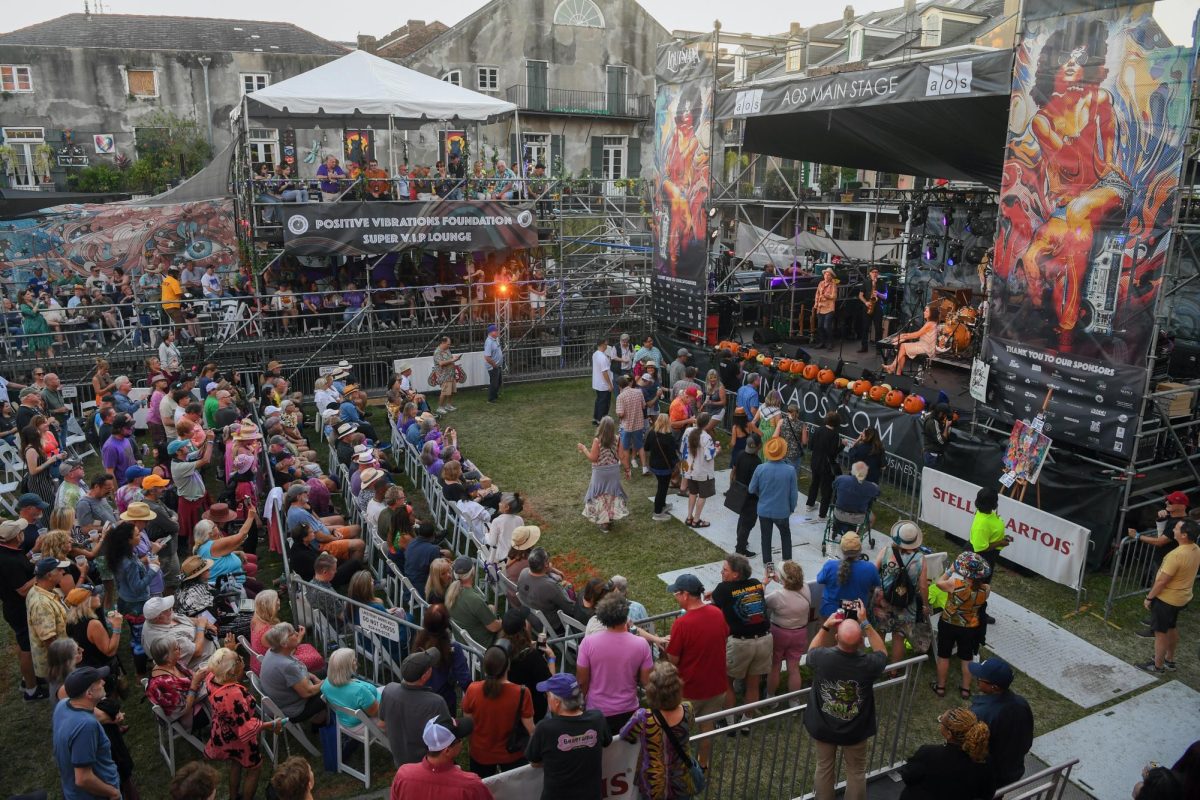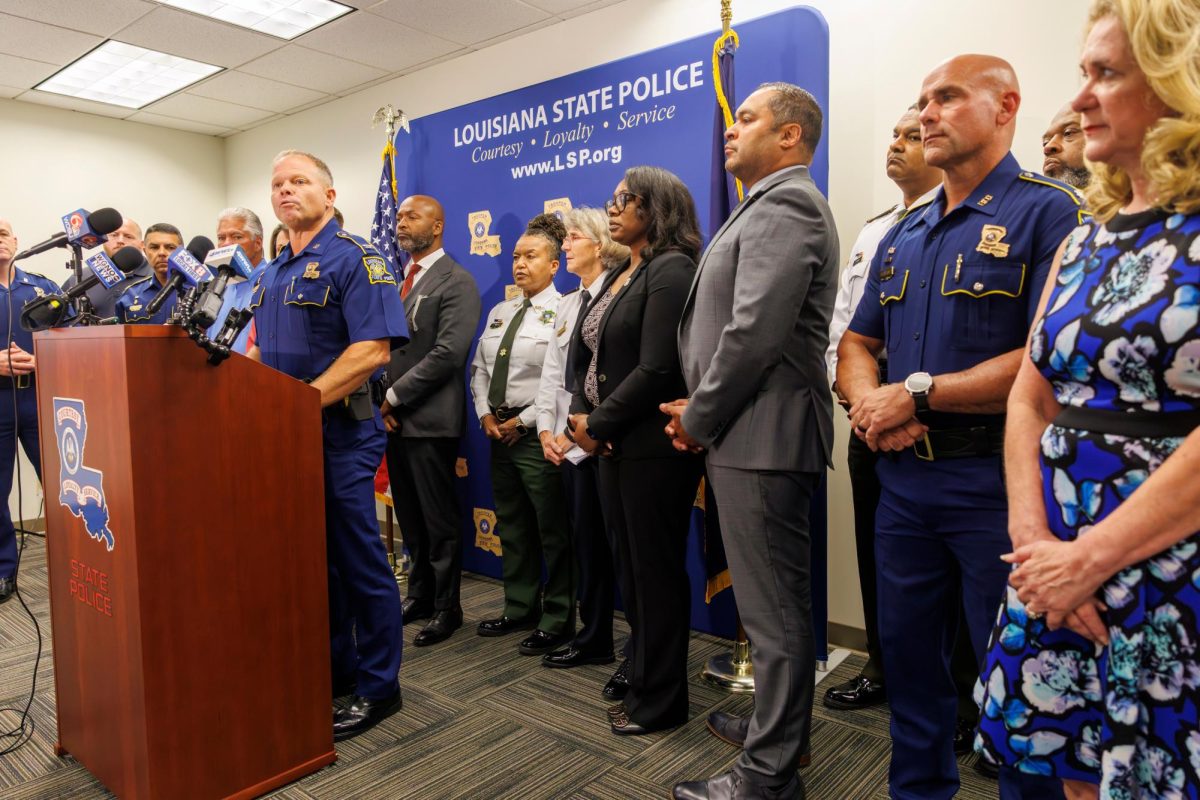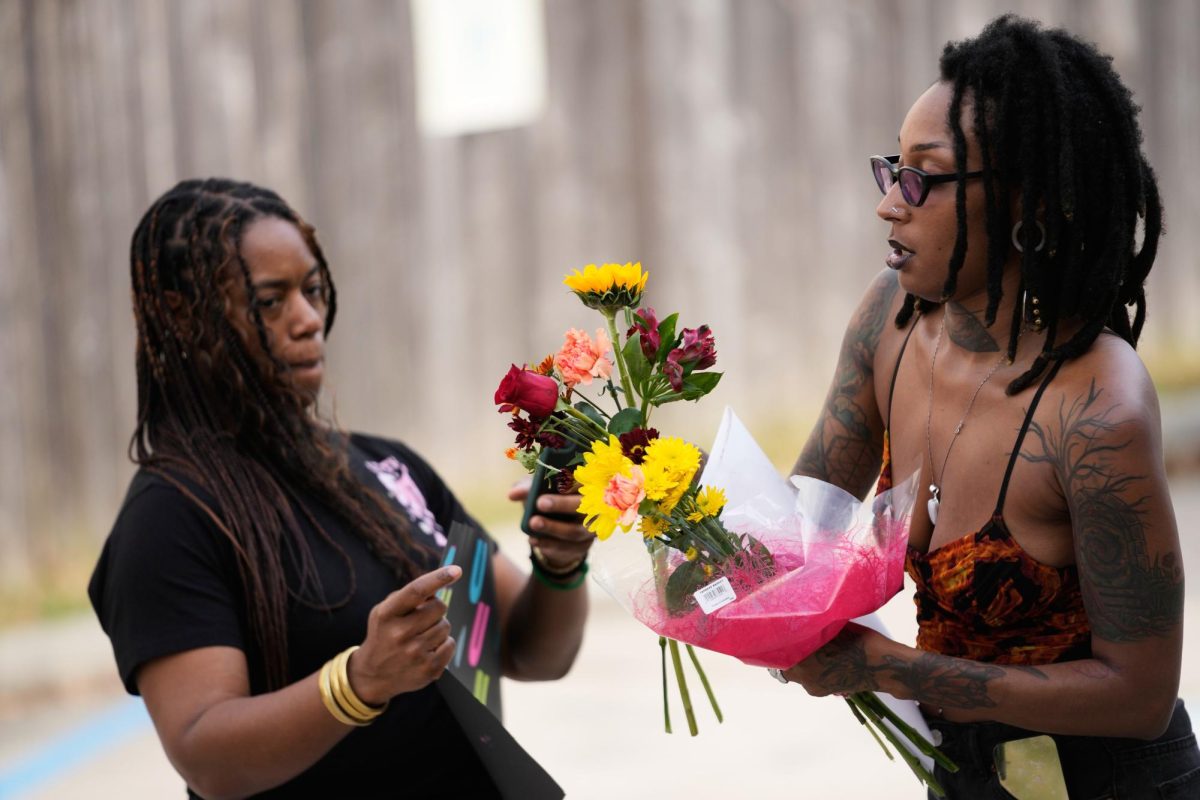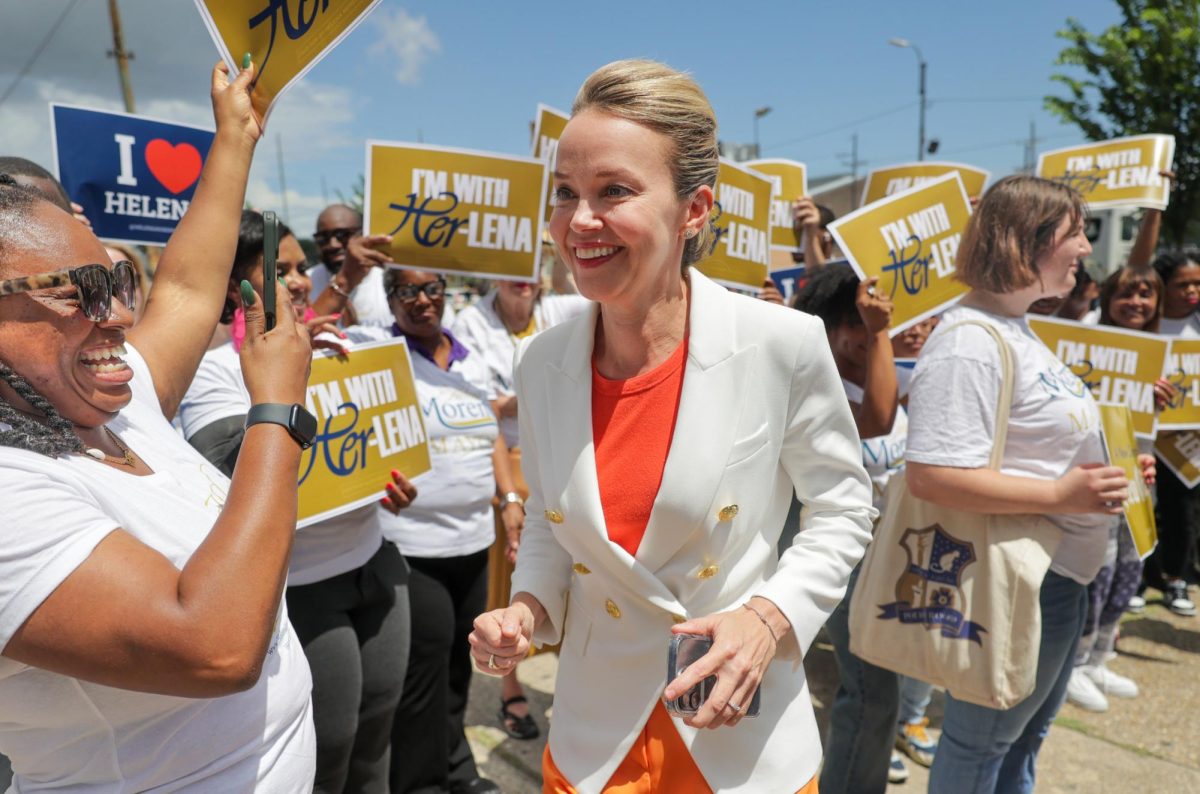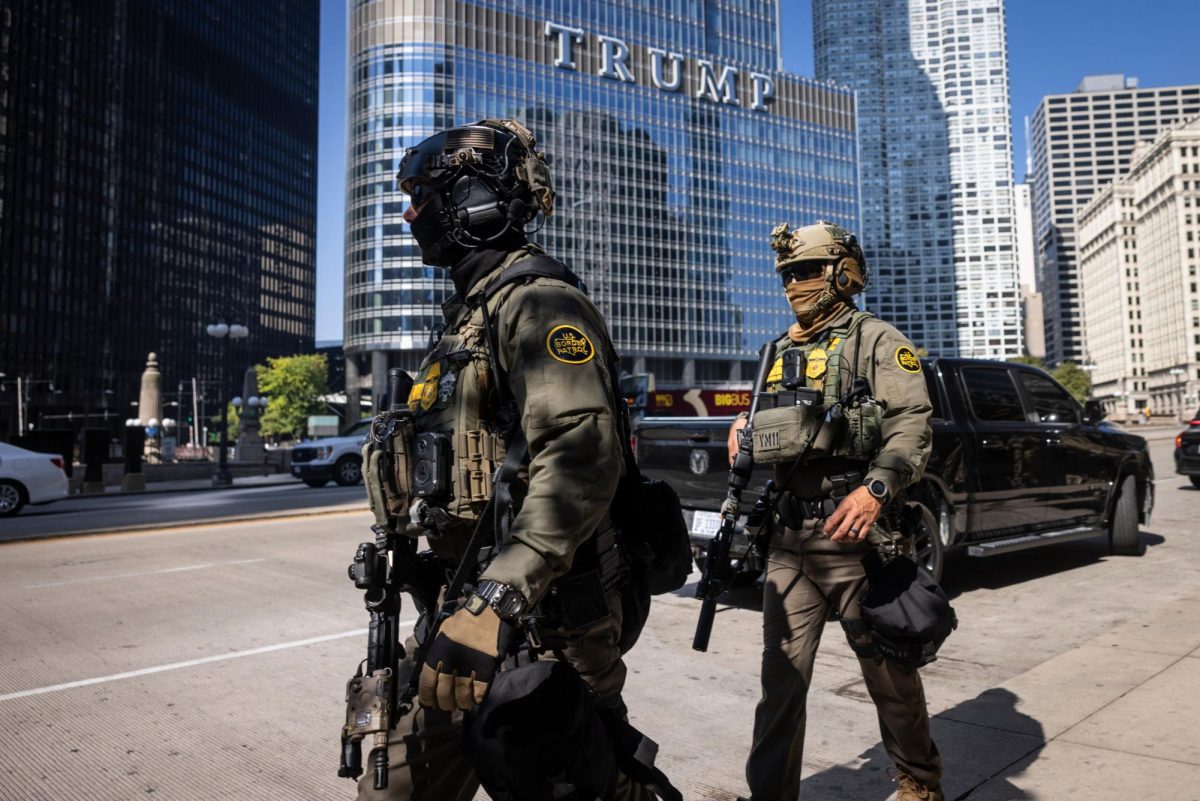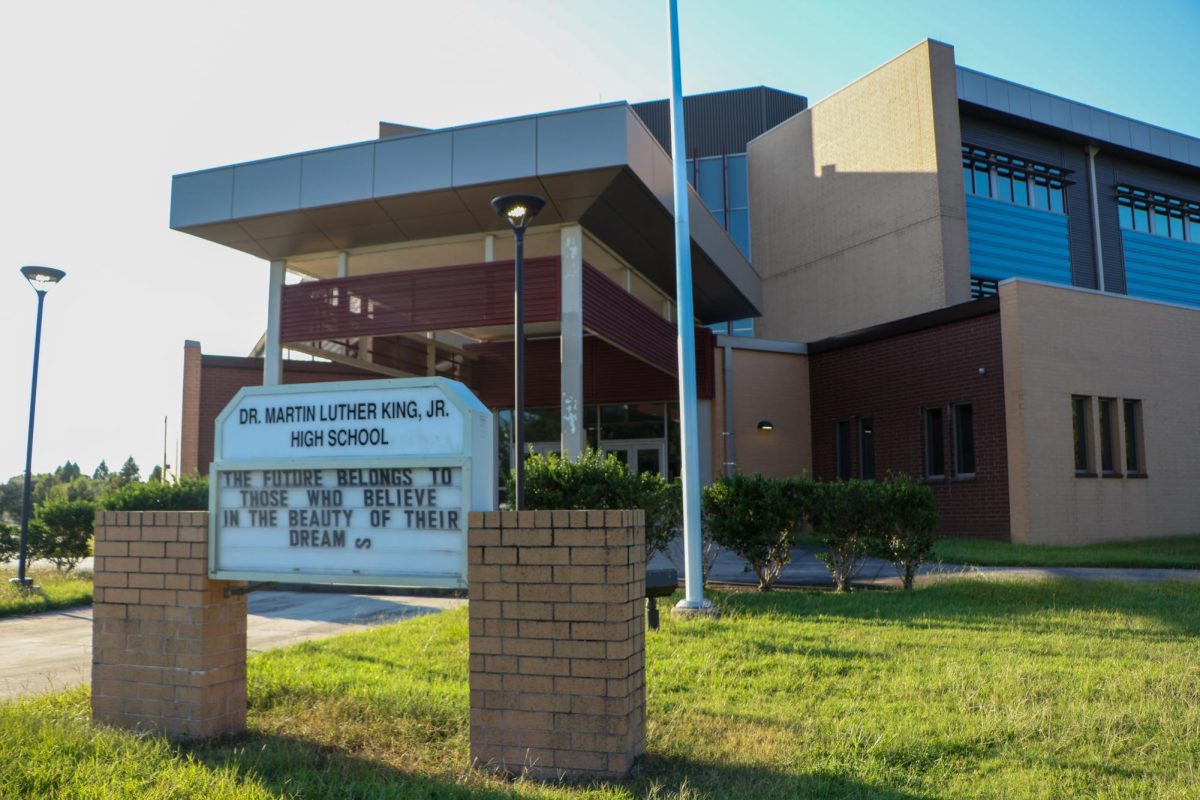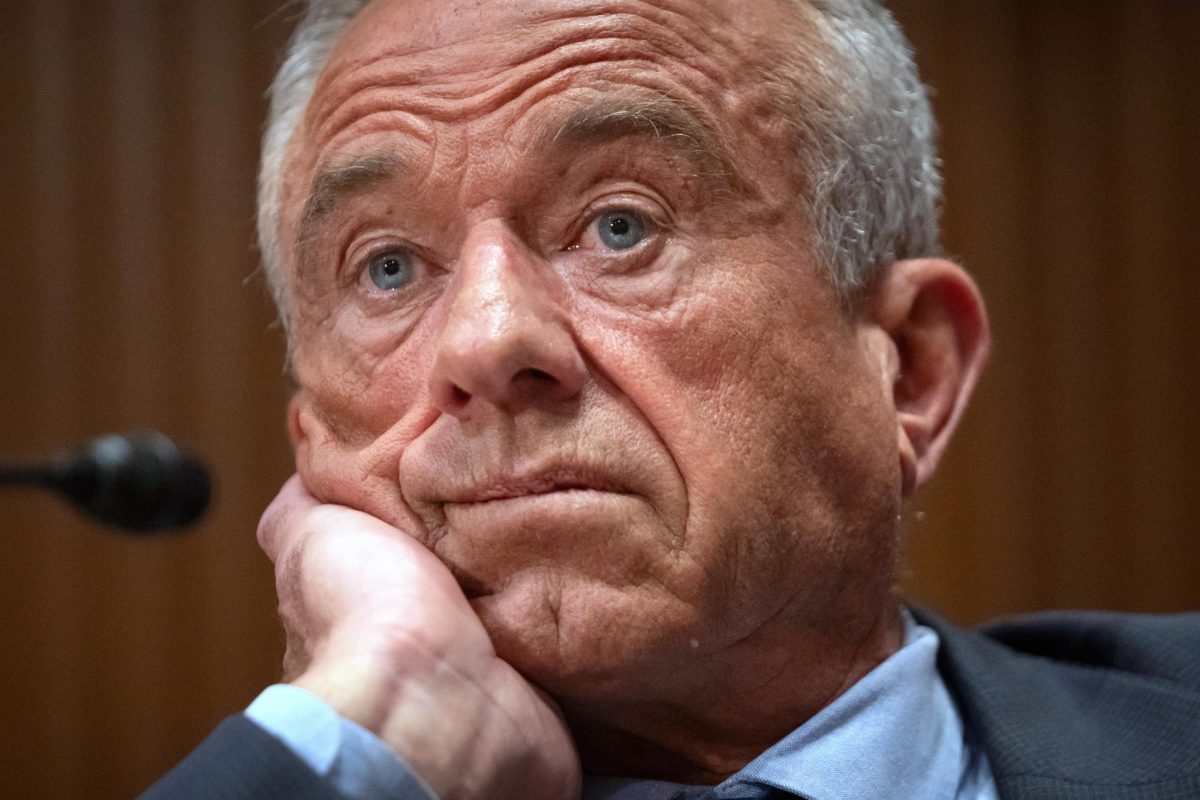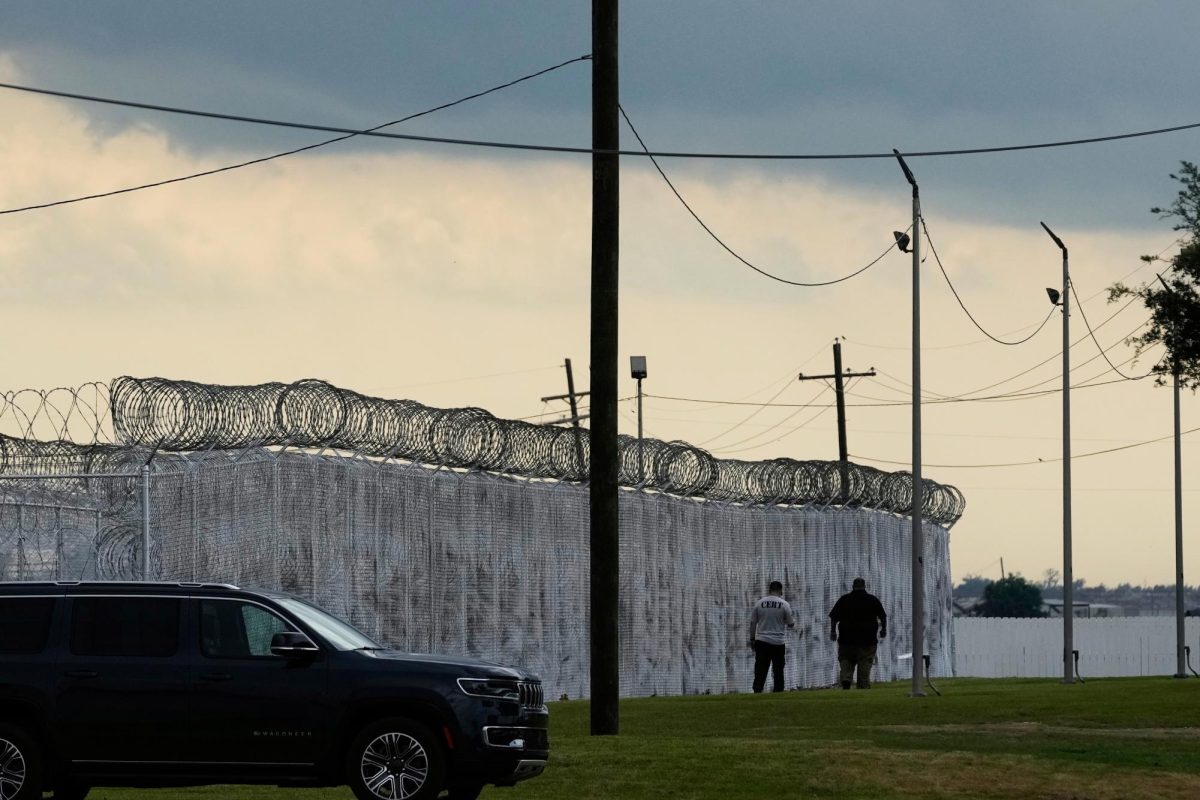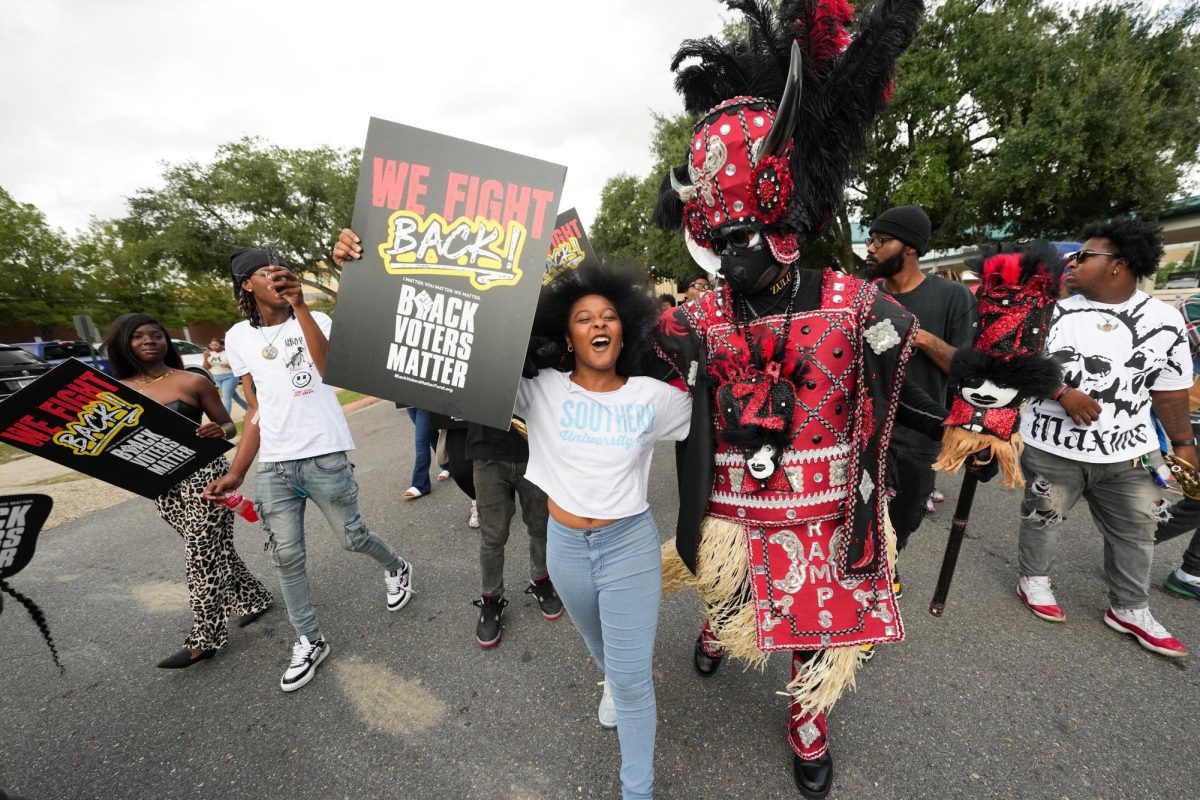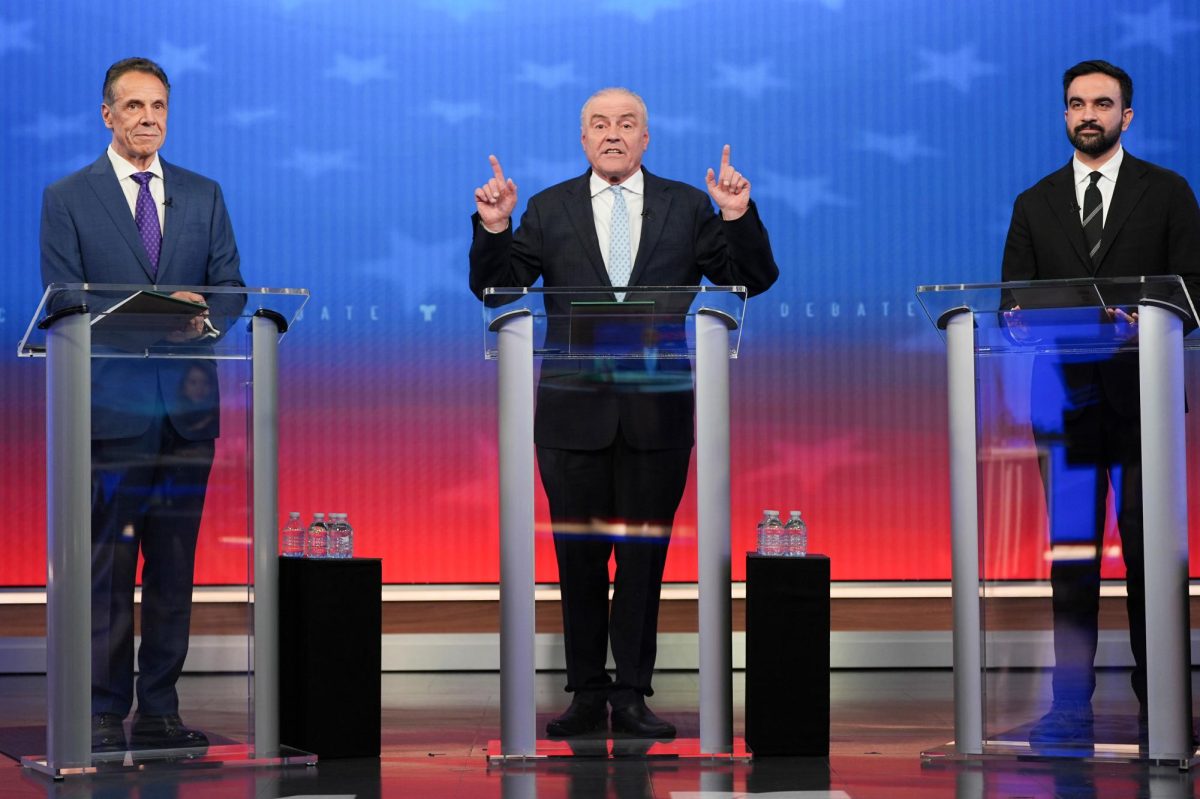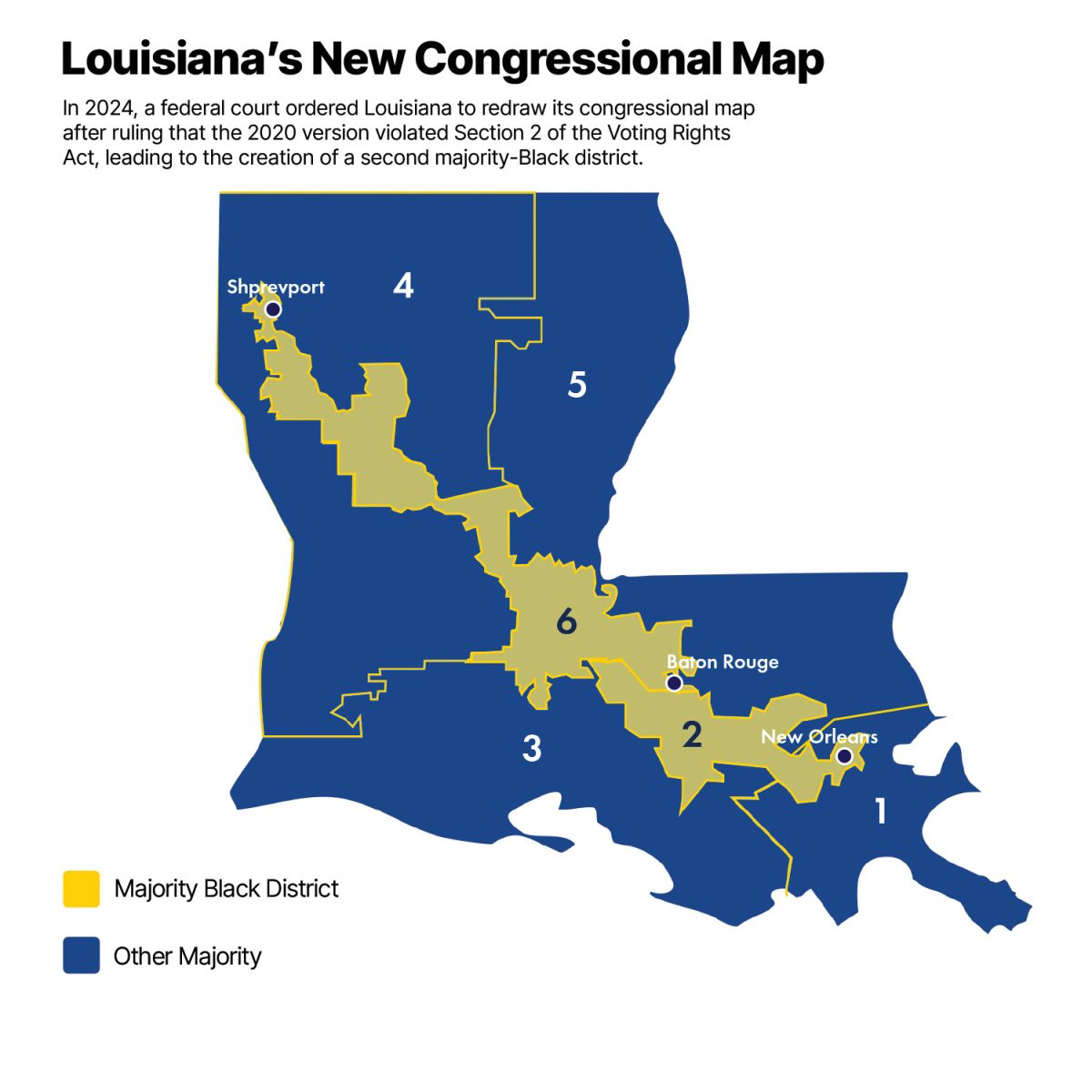Music in New Orleans is not merely entertainment. It is identity, history, and survival, according to Black Americana Fest. The festival was created to reclaim space in the Americana and Folk genres that have been forgotten. It celebrates untold stories and ensures the next generation understands the history behind the music, according to its founders.
The idea for the festival began with musician Jenn Jeffers, also known as Dusky Waters, who wanted to draw upon her musical roots and promote the under-acknowledged legacy of Black artists in Americana.
Artists such as Rhiannon Giddens, who drew attention to the Black origins of the banjo, inspired Jeffers. She partnered with Teena May, a local entrepreneur and performer, who admitted she suppressed her own country and folk music love while growing up, incorrectly believing that it wasn’t reflective of her community. By staking a claim on Americana, May discovered a feeling of joy that affirmed her existence as a Black woman, according to the festival’s website.
The mission of the festival is to honor and celebrate the legacy and contributions of Black artists in New Orleans and the Mississippi River Delta’s Americana and Folk traditions. The festival also looks to foster a more inclusive community and encourage young Black artists to carry on the genre.
Festival co-founder Chris Beary explained that “the festival grew out of a desire to draw attention to untold stories of Louisiana-rooted American music, from Congo Street to the traditions of the Black masking Indians.”
The first Black Americana Fest was held in 2023 and ran for three days to showcase young artists, engage professors at Louisiana universities, and partner with Loyola University through competitions and internships.
“Their traditions pass down orally, most people consume their information via video,” Beary said.
This year, the festival expands with a theater production with five Big Chiefs telling their cultural stories and a museum project with Loyola.
“The five big Chiefs are the leaders of the tribes”, Beary said. “They are a symbol of African, Creole, and Native American culture.”
A documentary will be filmed to document this event and expand the production’s outreach, Beary stated.
There is a theme every year, and this year it is the Black masking Indians and the 50th anniversary of the Wild Tchoupitoulas, which ties into the Neville Brothers, a New Orleans R&B, jazz, and blues group, Beary said. The lineup includes bands such as the Headhunters, Dumpstaphunk, and Loyola student performances, Beary said.
One of the festival’s biggest challenges is paying performers and behind-the-scenes workers fair wages, Beary noted that “everybody you see on stage, there are probably 15 more people behind them working,”
The festival is staged at the Spanish Plaza on the Mississippi River, tying the music to the geography that has always driven New Orleans culture, Beary said.
According to Beary, educational panels such as “Behind the Mask,” trombonist Fred Wesley’s Louisiana roots, and “Kermit Does Satch,” a tribute to Louis Armstrong, also set the festival apart. The festival is both corrective and a celebration of forgotten histories, so that the legacy of Black artists in Americana will live on and be celebrated for generations to come.


